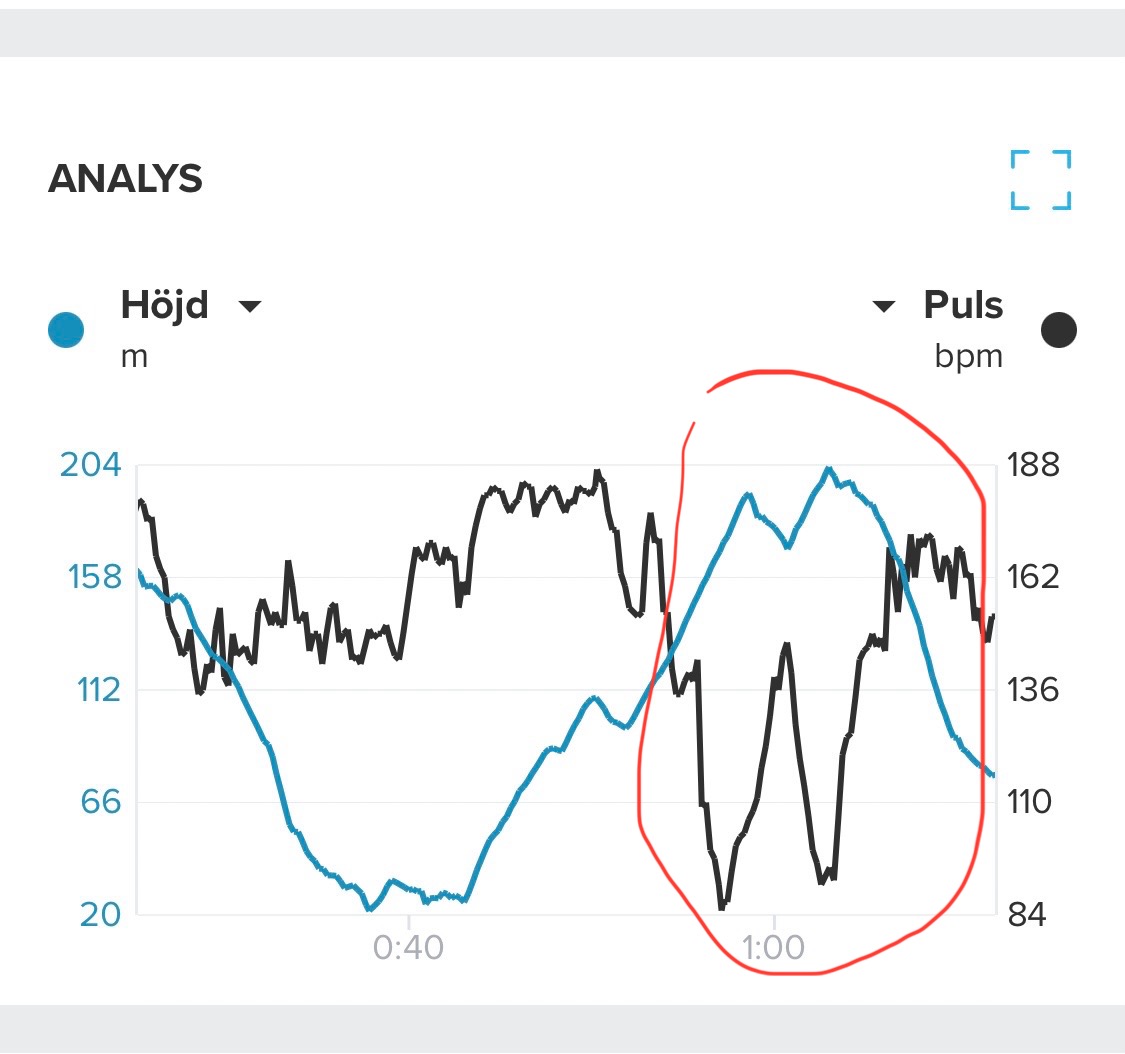Wrong heart rate ohr
-
@Łukasz-Szmigiel I think one thing to consider is that the larger the customer base, the more wide and diverse is the data pool. A smaller customer base can yield less diverse results and will not be as beneficial for improvement. Just a thought

-
@6294946 said in Wrong heart rate ohr:
@Egika do you mean to say that one is not allowed to point out problems with a product you have? I don’t get why you are being defensive here. Many people here reported the same problem. Seems like maybe it’s not just about OP

Where in my post do you read that I mean something is not allowed?
I am basically trying to understand, what the TO is aiming for, since for me it is not clear.It could be just pointing out, but it could as well be looking for tips and best practice. To be most helpful for the TO I was asking this question.
-
@SuperD I’ve worn a Garmin F6X solar and a Coros Vertix 2 prior to Suunto 9PP then Vertical. From that experience 9PP was the best OHR probably because it was the lightest. Garmin was about the same as Vertical, and Coros was terrible.
Garmin forums complained a lot about OHR when I had it, and posters just said get a heart rate belt lol.
Please post a screenshot of a race you did when you were using your Garmin 945 - I think that would be more meaningful than just saying ‘My Garmin was better.’ Would be VERY interested to see an actual OHR comparison shot given the same conditions - as you said “going uphill I used my hands on my legs”) as this would normally be not something OHR is good at. That way people on here wanting to rely on OHR to race could then choose a Garmin 945 (lighter than Vertical because its plastic case?) and not make the mistake you did. Thanks!
-
Hello
I uptade this topic, as sometimes, I have the impression that my S9PP gives really weird HR measurements…
Last exemple a couple of weeks ago, during a “cool run”, it indicated as max HR: 210 bpm !!! I was running quite slowly for me (10-11 kph). Is-it possible that the 9PP HR sensor OVER-estimates the HR to this extent ?
Or maybe I was really tired this day, and my HR elevated as high as 210bpm this day…
Thanks for your opinion of this subject.
Regards -
@vincent-mayousse your watch may be too loose, or you may have a specific skin pigmentation or tattoos that interfere with the readings. Have you tried a different hand or putting the watch higher up?
-
@vincent-mayousse OHR on any wrist device is not accurate when exercising IMHO. I use a belt.
-
@Łukasz-Szmigiel hello, no particular skin color or tattoo where I wear the watch. And I know OHR is not the best as is moves when running.
In general I tighten it before an exercise.
My second question/remark was also : can the optic sensor OVERestimate the HR? Cause if it does not, it means I was actually at 210bpm at this precise moment (therefore it becomes my max HR and it changes all my training zones ! )
)
Thanks -
@vincent-mayousse cadence lock is pretty common, but also 210 is a very high cadence.
If you want to be serious about heart rate, use the belt. OHR is fine for walks or some easy runs, but if you’re pushing, it’ll likely fail.
Also, if you’re using belt - Suunto will calculate your aerobic and anaerobic threshold, which is a bonus.
-
@vincent-mayousse said in Wrong heart rate ohr:
@ I know OHR is not the best as is moves when running.
I guess that during any kind of activity where the arms swing rhythmically, because of the centrifugal acceleration the blood is pushed toward the hands, and that superimposes to the real heart beats, messing up the OHR detection. Likely a more refined analysis using also the accelerometer data should be able decouple the two signals by mean of Fourier Transformation (frequency analysis), but that depends also on the quality of the data (errors and sampling rates)
-
@Stefano-M64 said in Wrong heart rate ohr:
@vincent-mayousse said in Wrong heart rate ohr:
@ I know OHR is not the best as is moves when running.
I guess that during any kind of activity where the arms swing rhythmically, because of the centrifugal acceleration the blood is pushed toward the hands, and that superimposes to the real heart beats, messing up the OHR detection. Likely a more refined analysis using also the accelerometer data should be able decouple the two signals by mean of Fourier Transformation (frequency analysis), but that depends also on the quality of the data (errors and sampling rates)
Very interesting insight, thanks

So maybe with an OHR on the arm/biceps (like the Polar one), it reduces this effect, as le swing is less pronounced at this level of the arm… -
@vincent-mayousse said in Wrong heart rate ohr:
So maybe with an OHR on the arm/biceps (like the Polar one), it reduces this effect, as le swing is less pronounced at this level of the arm…
right, with a larger strap to wear the watch on the biceps the effect should be eliminated, but the watch itself would be hard to read,
an HR belt is definitely the best choice.
